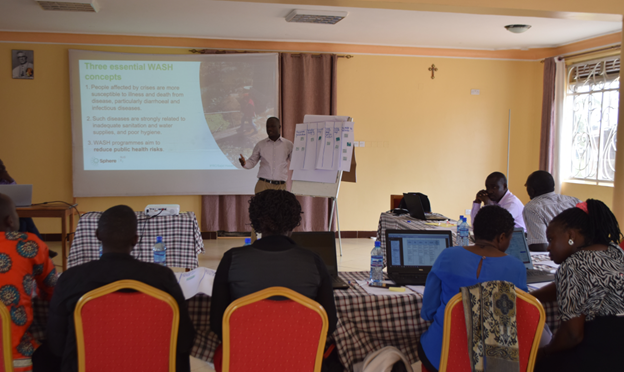
Access to clean water, adequate sanitation, and proper hygiene practices are fundamental human rights that form the foundation of healthy communities. Our comprehensive WASH (Water, Sanitation, and Hygiene) initiative has transformed 15 communities across East Africa, providing clean water access to over 5,000 people and dramatically improving health outcomes.
The WASH Challenge in Rural Communities
Rural communities in East Africa face significant challenges in accessing clean water and sanitation facilities. Many communities rely on contaminated water sources, lack proper sanitation infrastructure, and have limited knowledge about hygiene practices. These challenges contribute to waterborne diseases, poor health outcomes, and reduced quality of life.
"Our children no longer get sick from drinking dirty water. The new borehole has changed everything for our community." - Margaret Akoth, Community Leader
Our Comprehensive WASH Approach
We developed an integrated approach that addresses all aspects of water, sanitation, and hygiene:
1. Water Infrastructure Development
- Construction of boreholes and protected springs
- Installation of solar-powered water systems
- Water quality testing and treatment
- Sustainable water resource management
2. Sanitation Facility Construction
- Household and institutional latrines
- Handwashing stations
- Waste management systems
- Menstrual hygiene management facilities
3. Hygiene Education and Behavior Change
- Community hygiene education programs
- School-based hygiene promotion
- Training of community health promoters
- Behavior change communication campaigns
Impact and Results
Our WASH initiatives have achieved significant improvements in community health and well-being:
5,000+
People with water access
15
Communities transformed
70%
Reduction in waterborne diseases
25
Water points constructed
Community-Led Sustainability
Sustainability is at the heart of our WASH programs. We establish water user committees, provide technical training for maintenance, and develop local capacity for ongoing operation. Our approach ensures that communities can maintain and operate their water systems long after project completion.
Water User Committees
Each water point is managed by a trained community committee responsible for operation, maintenance, and financial management. These committees collect user fees, manage repairs, and ensure equitable access for all community members.
Technical Training
Local technicians are trained to maintain and repair water systems, creating employment opportunities while ensuring technical sustainability. We provide ongoing support and spare parts through established supply chains.
Health and Social Impact
The impact of our WASH programs extends far beyond water access:
Health Improvements
Access to clean water and improved sanitation has resulted in a 70% reduction in waterborne diseases. Children spend less time sick and more time in school, while adults can focus on productive activities rather than caring for sick family members.
Women's Empowerment
Women and girls, who traditionally bear the burden of water collection, now have time for education, income-generating activities, and community participation. This has led to increased school enrollment for girls and greater women's participation in community leadership.
Economic Benefits
Communities save money previously spent on medical treatment and water purchases. Time saved from water collection is redirected to productive activities, increasing household incomes and community prosperity.
Innovation and Technology
We integrate innovative technologies to enhance the sustainability and effectiveness of our WASH programs:
- Solar-powered systems: Reduce operating costs and environmental impact
- Mobile payment systems: Facilitate water fee collection and management
- Remote monitoring: Track system performance and maintenance needs
- Water quality sensors: Ensure continuous water safety monitoring
Lessons Learned and Best Practices
- Community ownership ensures sustainability: Programs succeed when communities lead
- Integrated approaches work best: Addressing water, sanitation, and hygiene together maximizes impact
- Local capacity building is crucial: Communities must be able to maintain their systems
- Behavior change takes time: Sustained education and engagement are necessary
- Gender inclusion improves outcomes: Women's participation enhances program effectiveness
Support Clean Water Access
Clean water is a basic human right. Join us in bringing sustainable WASH solutions to communities that need them most.
Partner With Us